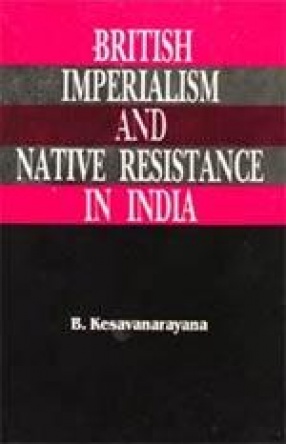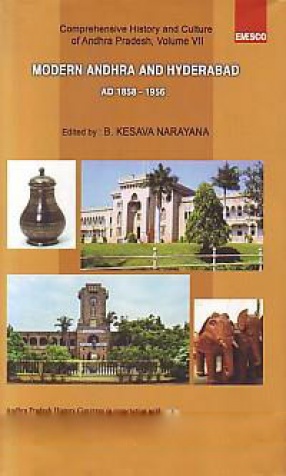The work explores the various steps taken by the British in the second half of the 18th Century to undermine the authority and power of Narasimha Opparow, zamindar of Nuzvid, one of the ancient and extensive native estates in Andhra. The moves in that direction met with stout resistance at every stage from the turbulent native chief and his followers. Following his arbitrary removal from all power there began an era pf confrontation and contest between the two contending powers. The attempts to seize the person of the zamindar first at Nuzvid and later at Masulipatam were foiled by his followers. The women residing in the fort of Nuzvid were equally firm in their resolve not to allow the government sepoys’ entry into the fort. Unstable conditions prevailed in the country even after the death of the deposed Zamindar. This situation forced the British to change their policy and buy peace by partitioning the Zamindari and restoring it to the members of the opparow family. The present work constitutes an entirely original contribution to modern history, for it provides insights into the British imperial interests and the heroic native turbulence witnessed in the area.
British Imperialism and Native Resistance in India
In stock
Free & Quick Delivery Worldwide
reviews
Bibliographic information
Title
British Imperialism and Native Resistance in India
Author
Edition
1st ed.
Publisher
ISBN
8170996201
Length
xii+203p., Figures; Tables; Appendix; Glossary; Bibliography; Index; 23cm.
Subjects







There are no reviews yet.